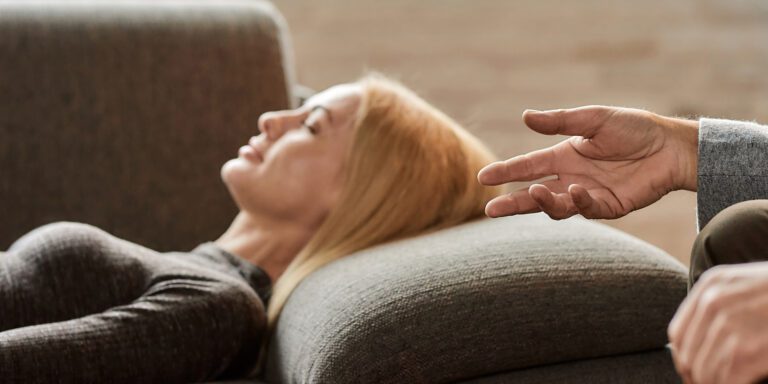Learn clinical applications of evidence-based relaxation techniques for chronic conditions
Psychoneuroimmunology (PNI) provides evidence for interventions such as diaphragmatic breathing (DB) and guided imagery (GI). With theoretical and practical components, this short course introduces relaxation for pain, mood disorders, sleep disorders, trauma, inflammation and stress-related conditions. It is ideal for medical and health professionals who wish to practice clinical applications of DB and GI and understand current PNI research.
- Learn how PNI demonstrates mind body connections at cellular and molecular levels.
- Gain skills to apply DB and GI in clinical practice.
- Gain proficiency to teach patients to practice simple relaxation techniques effectively.
- Practice relaxation for personal health and wellbeing.
Relaxation is an evolving intervention in 21st century healthcare. It is evidence-based, non-pharmacological, non-invasive and cost-efficient for chronic conditions.
Für Sie gelesen – Managing pain and fatigue in people with spinal cord injury: a randomized controlled trial feasibility study examining the efficacy of massage therapy
Lovas, J., Tran, Y., Middleton, J. et al. Spinal Cord 55, 162 – 166 (2017). https://doi.org/10.1038/sc.2016.156
The study showed MT & GI as two different forms of relaxation therapies that are effective to reduce pain and fatigue. Pain and fatigue are secondary conditions experienced by many people with SCI as well as common chronic conditions in the general public. Therefore, MT & GI are important interventions in clinical settings! An Australian doctor, Sam Manger runs his general practice, is an academic at James Cook University, is interested in Lifestyle Medicine and has his own podcast, The GP Show. He recently interviewed me and you’re welcome to use this link for more promotion.
Dr. Judy Lovas, University of Sydney
Autoren
Sportmedizin für Ärzte, Therapeuten & Trainer


